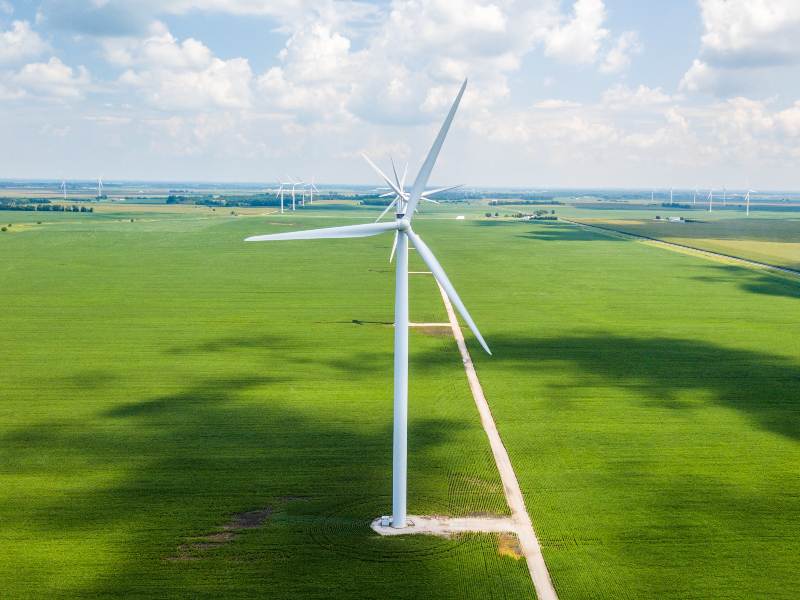
This is according to WindEurope’s Annual Statistics 2021 report, which highlights the EU built only 11GW of new wind farms in 2021 and is set to build 18GW a year between 2022 and 2026.
In order for the EU to meet climate targets, states WindEurope, 30GW of new wind per year is needed.
“To reach its 40% renewable energy target for 2030, the EU needs to build 30GW of new wind a year. But it built only 11GW last year and is set to build only 18GW a year over the next five years. These low volumes undermine the Green Deal. And they’re hurting Europe’s wind energy supply chain,” says WindEurope CEO Giles Dickson.
Despite national ambitions to expand wind, the report emphasises the role of permitting in hindering the growth of the sector. A bottleneck is caused as permitting rules and procedures are complex and difficult to navigate and permitting authorities are not always adequately staffed.
WindEurope suggests the low number of permitted projects is impacting Europe’s wind turbine manufacturers and wider supply chain, a situation made worse by high commodity prices and global supply chain disruptions.
“The European wind industry is losing money, closing factories and shedding jobs – just when it should be growing to meet the huge expansion of wind power Europe wants. If this continues, the Green Deal is in trouble, not to mention Europe’s energy security goals”, says Giles Dickson.
Key report findings:
Marco Mensink, Cefic Director General, said: “The chemical industry in Europe was one of the first industrial sectors to support the EU Green Deal and has the ambition to become climate neutral. Our industry is undergoing a fundamental transition towards direct electrification and hydrogen. Wind energy is essential to deliver the huge amounts of renewable electricity the chemicals sector will require – reliably and at low cost.
“WindEurope’s new figures clearly reveal that Europe is simply not adding enough new capacity. The sheer volumes needed by different industries, who all will increase electrification at the same time requires urgent action from the European Commission and national Governments. Permitting and governments could become the key bottleneck in the Green Deal.”